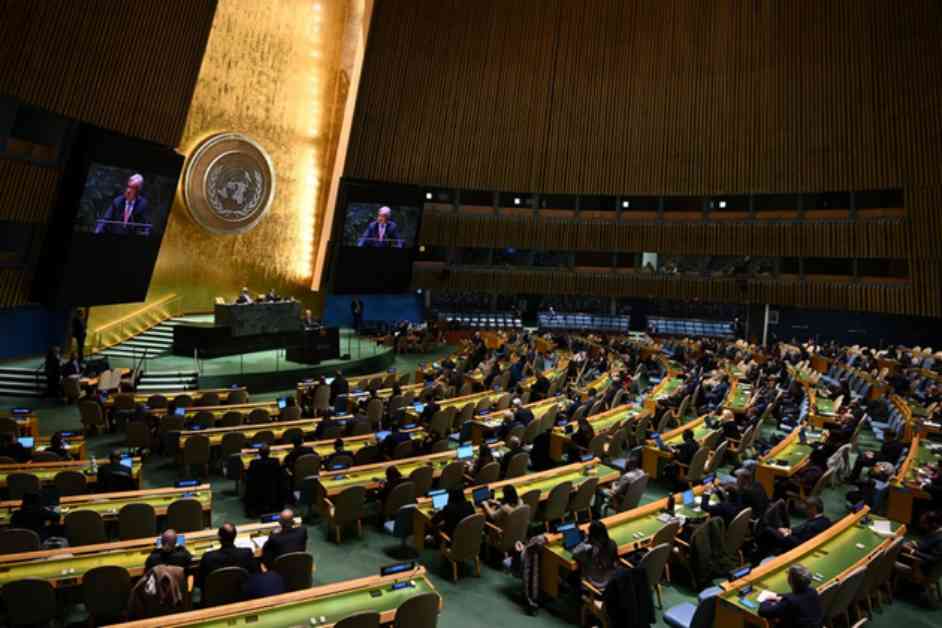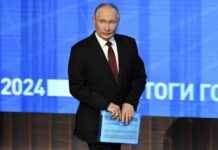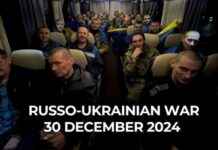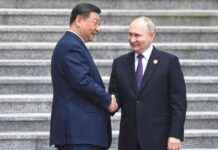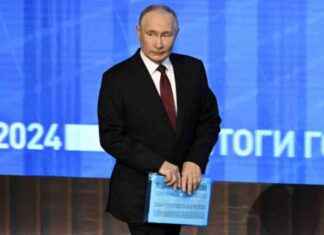The United States, amidst ongoing peace talks between Russia and Ukraine, is advocating for support of a “simple, historic” resolution at the United Nations regarding the conflict in Ukraine. The US proposal, which is thin on details and devoid of any mention of Kyiv’s territory occupied by Russia, is in stark contrast to a separate draft resolution put forth by Kyiv and its European allies. These competing drafts highlight the complexities and political maneuvering involved in addressing the three-year-old war between Russia and Ukraine.
US Secretary of State Marco Rubio has characterized the American draft as a “simple, historic resolution” and has called on UN member states to rally behind it as a means to pave the way for peace. The US proposal, consisting of only 65 words, focuses on seeking a “swift end to the conflict” without explicitly addressing key issues such as Kyiv’s territorial integrity or assigning blame to Moscow for the invasion. Instead, it emphasizes the tragic loss of life throughout the conflict and the importance of maintaining international peace and security, without singling out Russia as the primary aggressor.
Global Diplomatic Dynamics
The diplomatic jostling and strategic positioning around the resolution underscore the shifting alliances and allegiances in the international arena. While the US draft has been welcomed by Moscow’s ambassador to the UN as a positive step, it has been criticized for not delving into the root causes of the conflict. This nuanced dance of diplomacy highlights the delicate balance of interests and alliances at play in the geopolitics of the region.
Meanwhile, Ukrainian President Volodymyr Zelensky has expressed frustration at being excluded from talks between US and Russian officials, leading to a public spat with US President Donald Trump. Amid accusations and counter-accusations, the dynamics of the conflict are evolving rapidly, with various stakeholders vying for influence and control over the narrative and outcomes of the war.
Humanitarian Concerns and Strategic Interests
At the heart of the conflict are not just political considerations but also economic and strategic interests. Trump’s push for a minerals deal with Ukraine, offering preferential access to mineral deposits in exchange for security guarantees, has added a new layer of complexity to the negotiations. The delicate balancing act between economic incentives and security concerns underscores the multifaceted nature of modern warfare and diplomacy.
As Trump seeks to broker a deal between Ukraine and Russia, the stakes are high for all parties involved. The calls for a ceasefire and a peaceful resolution to the conflict are met with skepticism and caution, as each side seeks to secure its interests and leverage its position in the negotiations. Amidst the backdrop of shifting alliances and conflicting agendas, the future of the war hangs in the balance, with the hopes of millions of people resting on the outcome.
In conclusion, the conflict in Ukraine is not just a regional issue but a global concern that demands a concerted effort from all stakeholders to achieve a lasting peace. The diplomatic wrangling and strategic maneuvering underscore the complexities and challenges of modern warfare and diplomacy, highlighting the need for dialogue, cooperation, and compromise to bring an end to the suffering and bloodshed in Ukraine.
